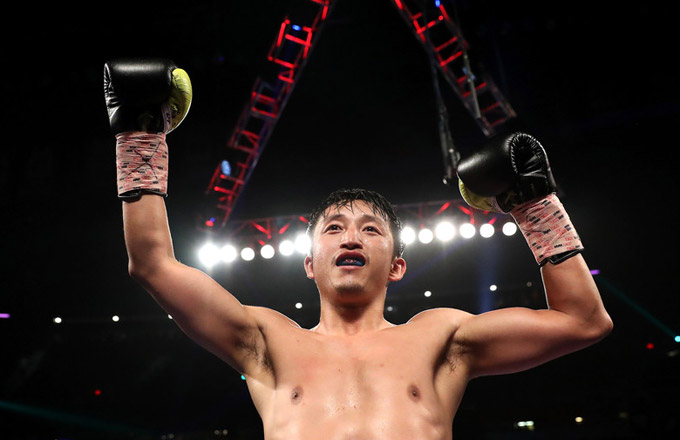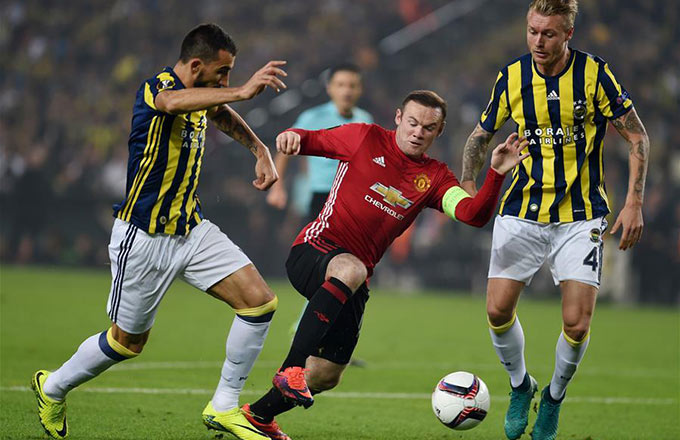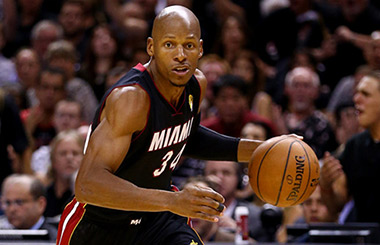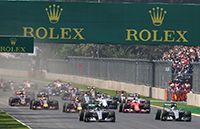Murray's fortitude is as strong as his forehand
 |
|
Andy Murray poses for pictures after winning in the Paris Masters tennis tournament men's singles final on Nov 6, 2016. [Photo/Agencies] |
But, in the end, Murray outlasted all comers.
He is the sailor who soldiered through storms that chased others back to harbor, the boxer repeatedly floored but never knocked out.
Murray used the beatings he suffered from Federer, Nadal and Djokovic - losing 20 of the 25 times he played them at the majors - as reasons to keep improving himself.
He could have cursed his luck, been led astray by the mirage that in any other decade, he'd have won more than two Wimbledon titles and the US Open by now.
But instead, Murray just worked even harder, took better care of himself and made sure that when the opportunity finally came, he was ready to seize it.
It would be tempting to delve into Murray's past for signposts that explain his ascent to the top.
One could argue that cutting his tennis teeth in inhospitable Scottish weather more suited to golf, rugby or soccer maybe toughened him up.
As kids, he and brother Jamie would hit a balloon back and forth over a rope hung from a radiator at home.
One could also fall into psycho-babble and hazard a guess that surviving the slaughter of 16 children and their teacher by a gunman at his Dunblane Primary School in 1996 helped teach Murray about deep emotional pain and how to rebound from it.
Or one could point to the teenaged Murray who badgered his parents to send him to a tennis academy in Spain as evidence that he's never lacked drive and the willingness to make sacrifices.
But more simply, the top ranking is reward for his journey, where Murray could have turned back and convinced himself that Mounts Federer, Nadal and Djokovic were simply too steep.
Instead, he kept climbing.
Not the most eloquent of speakers, at least not in public, one phrase of Murray's stands out, delivered after he lost to Federer in the 2012 Wimbledon final.
"I'm going to try this, and it's not going to be easy," Murray said, fighting back tears.
Specifically, he was talking about how difficult it was to deliver his loser's speech to the supportive Center Court crowd.
But that philosophy - "not easy" and "try" - is Murray in a nutshell.
And he wears it well.















